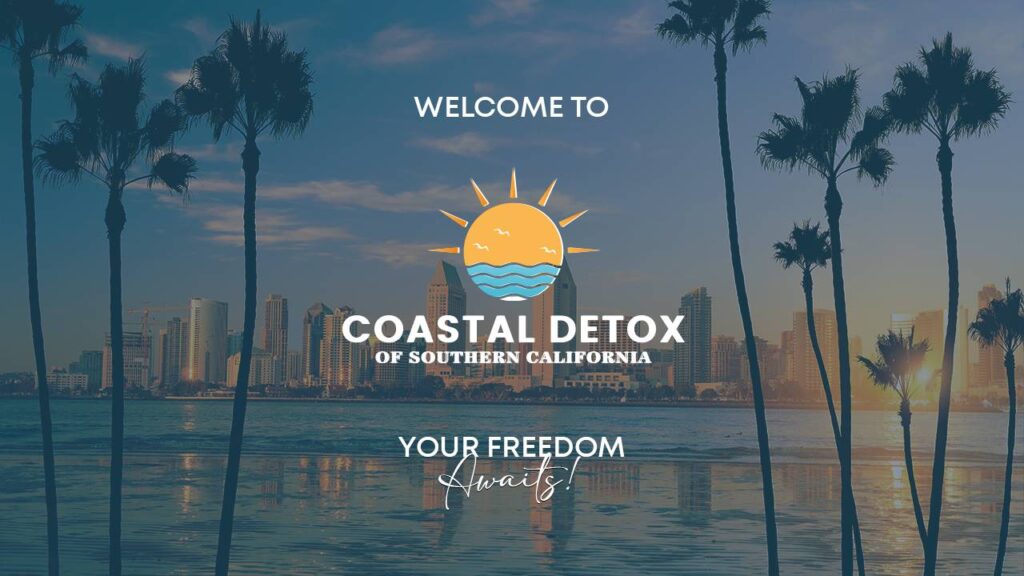Withdrawal is a natural process that occurs when the body no longer receives the substance it is addicted to. The withdrawal symptoms can vary depending on the substance, but they can be very unpleasant and even dangerous.
Some of the most common symptoms of withdrawal include:
- Physical symptoms: These can include sweating, tremors, nausea, vomiting, diarrhea, headache, muscle aches, and insomnia.
- Emotional symptoms: These can include anxiety, depression, irritability, anger, and mood swings.
- Cognitive symptoms: These can include difficulty concentrating, memory problems, and confusion.
The severity of withdrawal symptoms depends on a number of factors, including the type of substance, the amount of the substance that was used, and the length of time the person was using the substance.
In some cases, withdrawal symptoms can be mild and go away on their own within a few days. However, in other cases, withdrawal symptoms can be severe and require medical attention.
If you are experiencing withdrawal symptoms, it is important to seek professional help. A doctor or addiction treatment professional can help you manage your symptoms and develop a treatment plan that is right for you.
There are some ways to manage withdrawal symptoms.
Some of the most common methods of withdrawal include:
- Medication: There are a number of medications that can be used to help manage withdrawal symptoms. These medications can help to reduce the severity of the symptoms and make them more manageable.
- Support: Having support from family and friends can be beneficial during withdrawal. They can offer emotional support and help you to stay on track with your treatment plan.
- Self-care: Taking care of yourself physically and mentally can help to reduce the severity of withdrawal symptoms. This includes eating healthy foods, getting enough sleep, and exercising regularly.
It is important to remember that withdrawal is a temporary process. With the right support and treatment, you can successfully manage your symptoms and recover from addiction.
Tips for Coping with Withdrawal Symptoms
Here are some tips for coping with withdrawal symptoms:
- Be patient: Withdrawal can be a difficult process, but it is important to be patient with yourself. The symptoms will eventually go away.
- Take care of yourself: Make sure to eat healthy foods, get enough sleep, and exercise regularly. This will help to reduce the severity of the symptoms and make you feel better overall.
- Find support: Talk to your doctor, a therapist, or a support group. Having people to talk to can help you to feel less alone and make the process easier.
- Reward yourself: When you manage to cope with a withdrawal symptom, reward yourself with something you enjoy. This will help you to stay motivated and on track.
Staying Safe During Withdrawal
There are a few things you can do to stay safe during withdrawal:
- Do not use the substance again: This may seem obvious, but it is important to remember that using the substance again will only make the withdrawal symptoms worse.
- Be aware of your surroundings: Withdrawal can make you feel confused and disoriented. It is important to be aware of your surroundings and take steps to stay safe.
- Get help if you need it: If you are struggling to cope with withdrawal symptoms, do not hesitate to get help. There are a number of resources available to help you through this difficult time.
Withdrawal can be a challenging experience, but it is essential to remember that you are not alone. You can successfully manage your symptoms and recover from addiction with the proper support and treatment.
If you or someone you love is struggling with addiction, don’t hesitate to reach out for help. Coastal Detox of Southern California is here to support you on your journey to recovery. Contact us today to learn more about our personalized treatment options and start your path toward a healthier and happier life. Don’t let addiction control your life any longer – take the first step towards recovery and reach out to us now.









